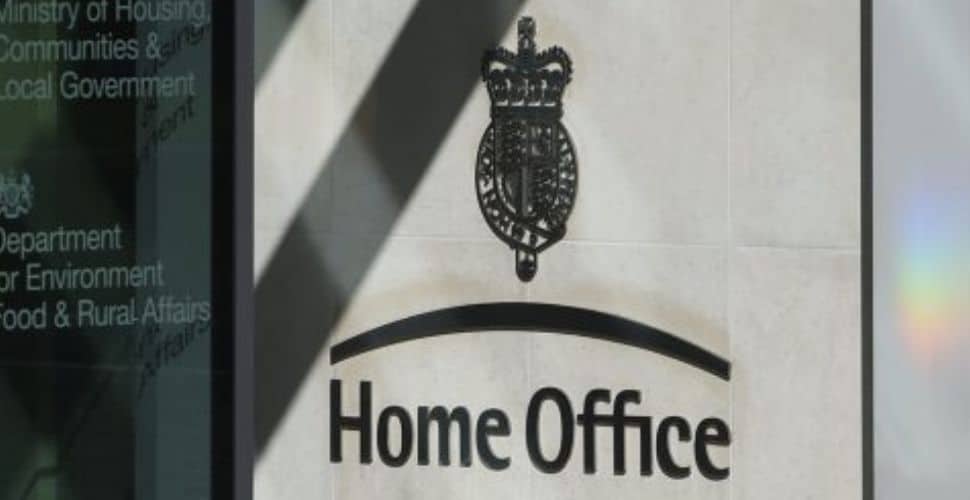After recent deaths in the English Channel, the U.K.’s prime minister, Rishi Sunak, has announced a five-point plan to overhaul the country’s immigration system. But experts are concerned that the changes will put people at an even higher risk of abuse and exploitation.
Sunak’s five-point plan
Currently, over 143,000 people are still waiting for a decision on their asylum request, unable to work and facing an uncertain future. Sunak has committed to getting through the backlog of applications within a year by increasing the number of case workers, which is urgently needed.
However, the broken state of the U.K.’s immigration system is not just due to a lack of resources to review asylum applications. And the new plan not only fails to address the system’s most serious shortcomings but is set to make the situation worse.
New laws would change definitions of modern slavery, making it harder for victims to claim asylum on this basis. New arrivals would also face more difficulty accessing important services, like bank account ownership. Moreover, the government would criminalize people who enter the country irregularly, putting people at greater risk of detention and deportation, including trafficking victims.
Inconsistencies and poor judgement in asylum application reviews
A key issue with the current system is that officials reviewing asylum cases are regularly failing applicants, leading to people being deported to countries where they face serious danger and persecution.
Michael Jennings, Professor in Global Development at SOAS, has written over 50 expert reports for appeals against Home Office decisions over the last two decades and he reflects on the system in an opinion piece for The Conversation.
Reading the application and decision documents, it is clear that outcomes are being decided by officials with a very limited understanding of the countries and contexts from which people are fleeing. It was here that I could see the inconsistencies and poor judgements in decision making.
Jennings gives multiple examples, including accounts of torture being dismissed because a country had signed international laws against torture; cases of LGBTQ+ people being sent to countries where they will face abuse because they did not have a partner; and people at immediate risk of female genital mutilation being considered safe to return as long as their country’s government had banned the practice.
These inconsistencies and outright poor decisions led me to suspect that asylum application rejections often had very little to do with the merit of the case itself, but were deliberate. […] Refusing applications allowed the government to appear in control, even if many of the decisions were later overturned on appeal. In this, the lives and wellbeing of people fleeing fear, violence and threats were not just ignored, but used in a political game.
The government’s plan needs re-thinking
Sunak’s plan to make asylum reviews faster is welcome, but it is not just the speed of the process which urgently needs addressed. Case workers must be better prepared to apply a strong understanding of risks and realities in origin countries when considering applications and must prioritize the needs of individuals rather than political gains and government perception.
The new plan as it currently stands threatens to make people even more vulnerable to violence and exploitation, by making it harder for them to access protection and services in the U.K. and by putting them at greater risk of deportation to origin countries where they face danger.
As Jennings argues: “The government still appears set on politicising the fear and violence against the most vulnerable for its own ends – and the hostile environment looks set to come back more hostile than ever.”
Call for change
Join the campaign calling on governments around the world to reject immigration policies that cause trafficking and pass immigration legislation that meets international human rights standards and empowers migrants and trafficking victims by providing safe migration routes. Sign the petition today.







Freedom United is interested in hearing from our community and welcomes relevant, informed comments, advice, and insights that advance the conversation around our campaigns and advocacy. We value inclusivity and respect within our community. To be approved, your comments should be civil.